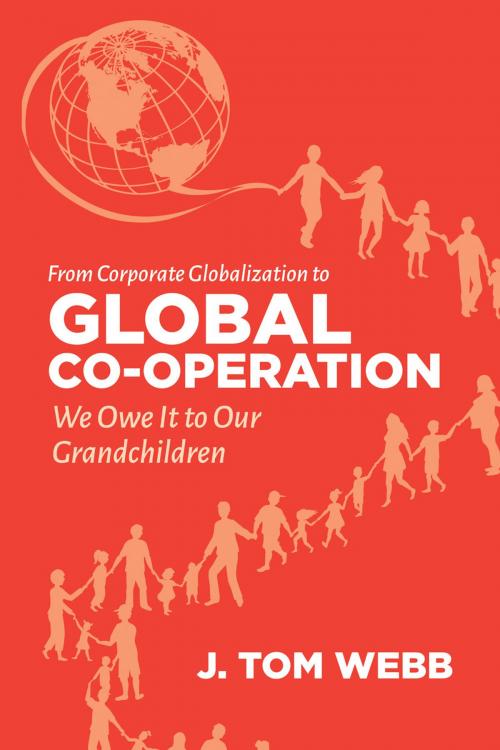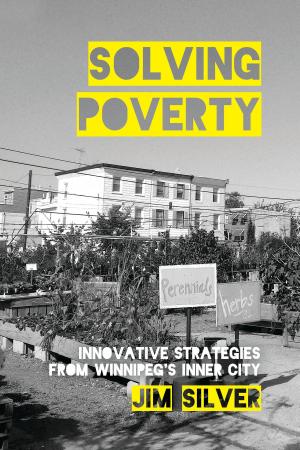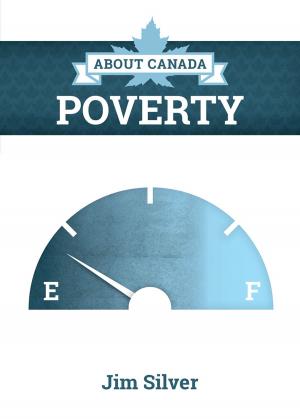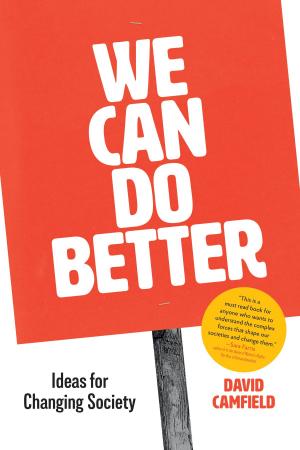From Corporate Globalization to Global Co-operation
We Owe It to Our Grandchildren
Nonfiction, Social & Cultural Studies, Political Science, Politics, Economic Conditions| Author: | Tom Webb | ISBN: | 9781552668733 |
| Publisher: | Fernwood Publishing | Publication: | October 20, 2016 |
| Imprint: | Fernwood Publishing | Language: | English |
| Author: | Tom Webb |
| ISBN: | 9781552668733 |
| Publisher: | Fernwood Publishing |
| Publication: | October 20, 2016 |
| Imprint: | Fernwood Publishing |
| Language: | English |
This book is about the need for an alternative to capitalism. But what does that alternative look like? And given the ever-increasing wealth and power of the 1 percent and the fact that corporations are given carte blanche to turn natural resources into profit, is an alternative possible?
Tom Webb argues that a massive shift to social enterprise, primarily co-operatives, is required. More than 250 million people around the world work for co-operatives, and co-operatives impact the lives of three billion people. This model reduces almost every negative impact of capitalism — it is a model that works.
Webb outlines the principles co-operatives need to hold to if they are to be a successful alternative to capitalism and examines the public-policy changes needed to nurture such a transition, but he remains neither wildly optimistic nor unduly pessimistic. A better world is possible, but it is not inevitable.
This book is about the need for an alternative to capitalism. But what does that alternative look like? And given the ever-increasing wealth and power of the 1 percent and the fact that corporations are given carte blanche to turn natural resources into profit, is an alternative possible?
Tom Webb argues that a massive shift to social enterprise, primarily co-operatives, is required. More than 250 million people around the world work for co-operatives, and co-operatives impact the lives of three billion people. This model reduces almost every negative impact of capitalism — it is a model that works.
Webb outlines the principles co-operatives need to hold to if they are to be a successful alternative to capitalism and examines the public-policy changes needed to nurture such a transition, but he remains neither wildly optimistic nor unduly pessimistic. A better world is possible, but it is not inevitable.















